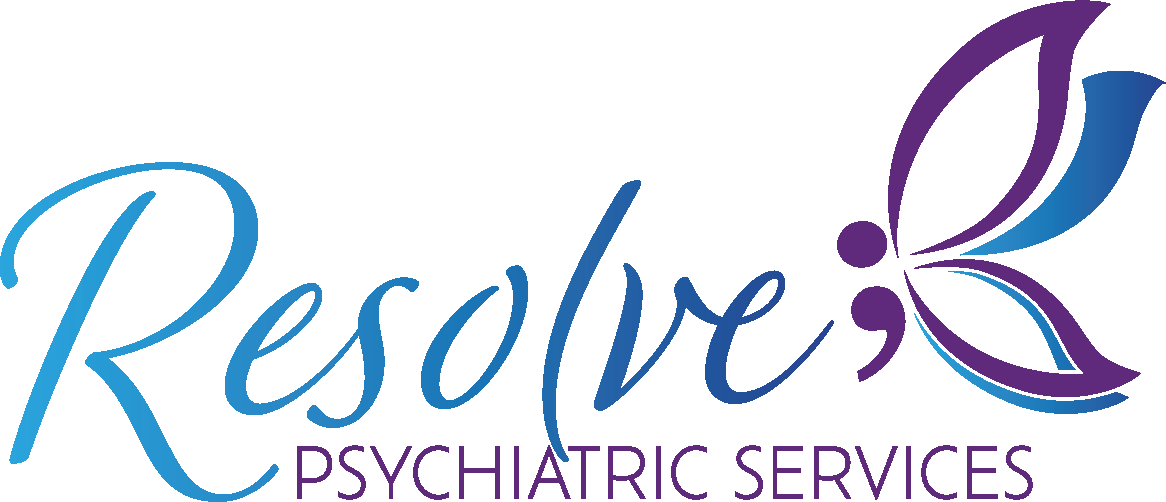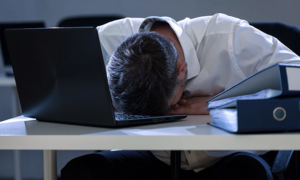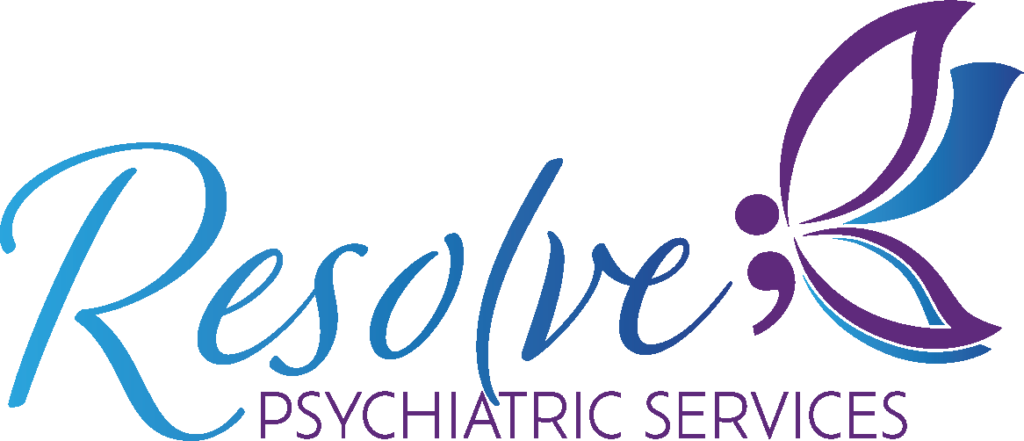
Introduction
Depression is a serious mental health condition that affects millions of people worldwide. It can be a debilitating illness that can make it difficult to function daily. However, there are ways to cope with depression and find a way out of the darkness with a depression dr near me. In this blog post, we will explore treatment options and coping strategies for adult depression that can help you manage your symptoms and improve your quality of life. Let’s work together to break the stigma and support those struggling with depression.
Adult Depression
Adult depression is more than just feeling sad or down for a few days; it’s a persistent sadness, hopelessness, and worthlessness that can interfere with daily life. Depression can make it difficult to enjoy once pleasurable activities, disrupt sleep patterns, and even lead to physical symptoms like headaches and stomach problems.
It’s important to remember that depression is not a sign of weakness or a personal failing, and seeking help from a depression dr near me is a sign of strength. With the right treatment, including therapy and medication, many people with depression can lead fulfilling and happy lives.
Treatment Options for Adult Depression
If you or someone you know is experiencing symptoms of depression, it is important to get it treated. There are a variety of treatment options available, including therapy and medication.
● Light Therapy
Light therapy is a treatment that involves exposure to bright light, usually from a special lamp or light box. It’s often used to treat seasonal affective disorder (SAD), a type of depression that occurs during winter when there is less sunlight. Light therapy by the best depression psychiatrist near me can also be effective for non-seasonal depression.
● Psychotherapy
Psychotherapy, or talk therapy, involves talking with a mental health professional, such as doctors near me for depression. There are many types of psychotherapy, but the most common type used to treat depression is cognitive-behavioral therapy (CBT). CBT focuses on changing negative thought patterns and behaviors that contribute to depression. It can be done one-on-one with a therapist or in a group setting.
● Medication
Antidepressant medication is often used to treat depression. There are several different types of antidepressants, including selective serotonin reuptake inhibitors (SSRIs), serotonin-norepinephrine reuptake inhibitors (SNRIs), and tricyclic antidepressants (TCAs). These medications work by increasing the levels of certain chemicals in the brain that regulate mood. It’s important to note that antidepressants can take several weeks to start working and may cause side effects.
Coping Strategies for Adult Depression
In addition to therapy and medication, lifestyle changes can help manage adult depression. Here we have discussed a few of them:
1. Seek Professional Help
The first step in coping with depression is to seek professional help from a depression and anxiety psychiatrist near me. This can include seeing a therapist, psychiatrist, or other mental health professional. They can help you identify the root causes of your depression and develop a treatment plan that works for you. This may include medication, therapy, or a combination of both.
2. Practice Self-Care
Self-care is an important part of coping with depression. This can include taking a relaxing bath, reading a book, or practicing a hobby you enjoy. Taking time for yourself and engaging in enjoyable activities is also important. This can help you feel more relaxed, reduce stress, and improve your mood.
3. Connect with Others
Depression can be a lonely experience, but connecting with others is important. Social support is important for managing depression. Reach out to friends and family members for emotional support and try to participate in social activities you enjoy. Joining a support group can also help connect with others who are going through similar experiences.
4. Challenge Negative Thoughts
Negative thoughts and self-talk can often accompany depression. Challenging these thoughts and replacing them with more positive ones is important. This can be done through cognitive-behavioral therapy (CBT) or other techniques. Changing your thoughts can change your mood and improve your overall outlook on life.
5. Set Realistic Goals
Setting realistic goals can help you feel more in control and give you a sense of purpose. This can include setting small daily goals or working towards a larger long-term goal. It’s important to be realistic and not set yourself up for failure. You can boost your self-esteem and improve your mood by achieving your goals.
6. Practice Mindfulness
Mindfulness is a technique that involves being present at the moment and focusing on your thoughts and feelings without judgment. This can be done through meditation, yoga, or other mindfulness practices suggested by a depression dr near me. By practicing mindfulness, you can reduce stress and improve your overall well-being.
7. Get Outside
Spending time in nature can be a great way to improve your mood and reduce stress. This can include walking, hiking, or spending time in a park. Being outside can help you feel more connected to the world around you and provide a sense of peace and calm.
8. Take Medication as Prescribed
If your doctor has prescribed medication for your depression, taking it as prescribed is important. This can help manage your symptoms and improve your overall well-being. It’s also important to talk to your doctor if you experience any side effects or have concerns about your medication.
9. Practice Gratitude
Practicing gratitude can help shift your focus from negative thoughts to positive ones. This can be done by keeping a gratitude journal or taking time each day to reflect on what you are thankful for. By focusing on the positive, you can improve your mood and overall outlook on life.
10. Be Patient
Coping with depression is a journey, and being patient with yourself is important. Recovery takes time, and there may be setbacks along the way. It’s important to remember that progress is not always linear and to celebrate small victories.
11. Exercise Regularly
Exercise is a natural mood booster that can help reduce symptoms of depression. It releases endorphins, which are chemicals in the brain that promote feelings of happiness and well-being. Aim for at least 30 minutes of moderate daily exercise, as suggested by a depression dr near me, such as walking, jogging, or cycling.
12. Get Enough Sleep
Sleep is essential for both physical and mental health. Lack of sleep can exacerbate symptoms of depression, so it’s important to get enough rest each night. Aim for 7-8 hours of sleep per night and establish a regular sleep routine to help regulate your body’s natural sleep-wake cycle.
13. Eat a Healthy Diet
A healthy diet can help improve your mood and energy levels. Focus on eating a balanced diet with plenty of fruits, vegetables, whole grains, and lean protein. Avoid processed foods, sugary drinks, and alcohol, which can worsen symptoms of depression.
14. Learn a New Skill
Learning a new skill can help improve your self-esteem and provide a sense of accomplishment. This can be anything from taking a cooking class to learning a new language. A depression dr near me says to choose something that interests you and that you enjoy.
15. Practice Relaxation Techniques
Relaxation techniques such as deep breathing, progressive muscle relaxation, and guided imagery can help reduce symptoms of depression. These techniques can help you relax and reduce stress, improving your mood.
16. Volunteer
Volunteering can provide a sense of purpose and help you connect with others. Choose a cause you are passionate about and find a volunteer opportunity that fits your schedule and interests.
17. Limit Social Media Use
Social media can contribute to feelings of depression and anxiety. Limit your use of social media and focus on connecting with others in person or through other means of communication.
18. Practice Assertiveness
Assertiveness is the ability to express your thoughts and feelings clearly and respectfully. This can help improve your self-esteem and reduce feelings of depression. Practice assertiveness by setting boundaries and expressing your needs and wants clearly and respectfully.
19. Take Breaks
Taking breaks throughout the day can help reduce stress and improve your mood. Take a few minutes to stretch, walk, or close your eyes and breathe deeply as the depression dr near me advices.
20. Practice Forgiveness
Forgiveness is the practice of letting go of anger and resentment towards others. Holding onto grudges can contribute to feelings of depression and anxiety. Practice forgiveness by letting go of past hurts and focusing on the present.
21. Seek Support from a Pet
Pets can provide emotional support and help reduce symptoms of depression. If you don’t have a pet, consider volunteering at a local animal shelter or spending time with a friend’s pet.
22. Stay Positive
Finally, staying positive and focusing on what brings you joy and happiness is important. Surround yourself with positive people and engage in activities that make you feel good. Remember that depression is a treatable condition with hope for recovery.
Conclusion
Coping with depression can be a challenging journey. However, it’s important to remember that you are not alone, and there is hope for a brighter future. By seeking professional help, practicing self-care, and engaging in activities that bring you joy, you can manage your symptoms and find a way out of the darkness. Remember to be kind to yourself and take things one day at a time. With time and effort, you can overcome depression and live a fulfilling life.








